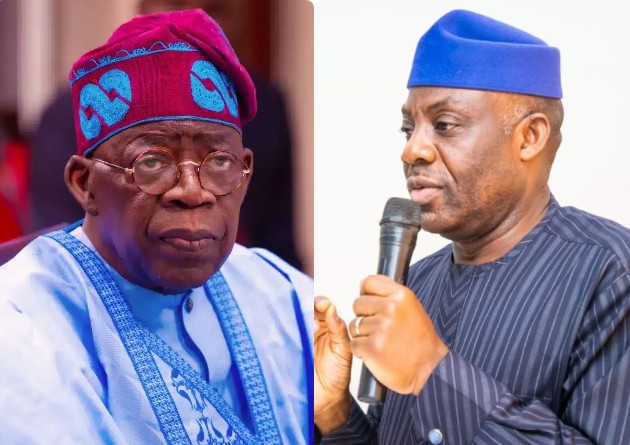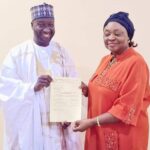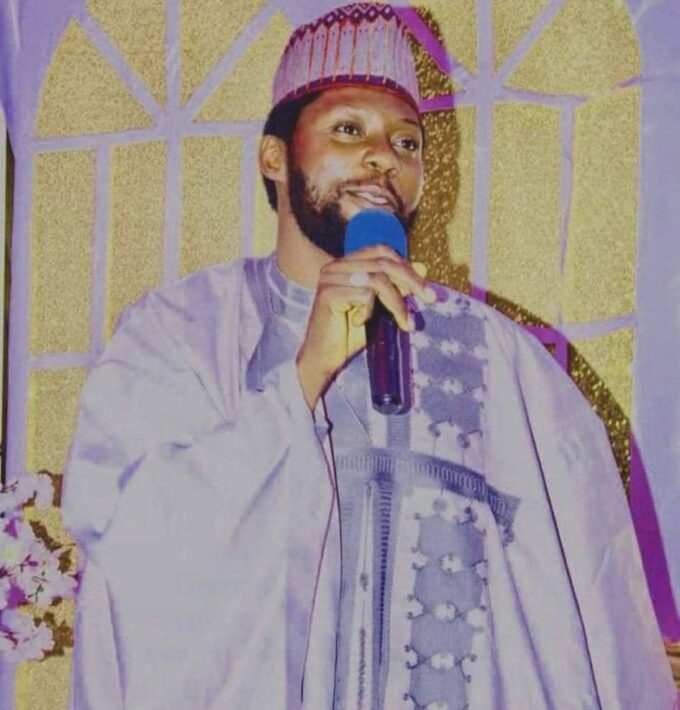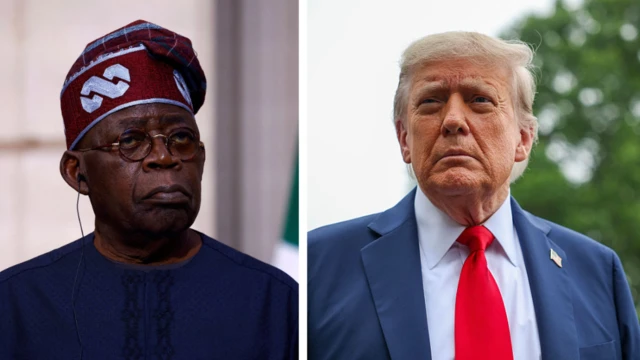There are titles in the world that one may purchase, inherit, or stumble into by luck of family name or fortune. Professor is not one of them. That prefix is not sewn onto a gown; it is carved into a life. To become a professor, truly, not ceremonially, is to undergo a long pilgrimage through the desert of doubt, inquiry, and intellectual self-interrogation. It is to wrestle not only with subjects and theories, but with the very question of knowledge itself: What is truth? What does it mean to know? What right does any of us have to claim understanding of anything at all?
Professorship is not merely a rank. It is ontology in motion; the study of being, as one becomes something more than a mere professional. It is epistemology embodied; the lived commitment to how knowledge is built, refined, tested, dethroned and rebuilt again…on and on. It is the continuous dance of semantics and meaning: how words shape concepts, how concepts shape the worlds.
To produce a single peer-reviewed publication, not even a breakthrough invention, just a humble article, requires a chain of intellectual labour most citizens will never see. One must identify a problem worth solving; formulate hypotheses that can be tested; conduct rigorous literature reviews that map the entire lineage of thought on the subject; select research instruments that satisfy philosophical validity and empirical reliability; negotiate with limited funding and unreliable tools; gather data in contexts often unfriendly to inquiry; analyze the dataset with care so that no conclusion is exaggerated or manipulated; and finally, defend the work before anonymous international reviewers who wield rejection like monkey jacket in Jos Terminus bend-down-boutique.
And this is just one publication. A professor must produce dozens. Not for vanity, but because the world of knowledge has no finish line.
Those who speak lightly of scholars rarely understand that research is not the repetition of known ideas. It is the act of extending the frontier of what humanity knows exists. It is standing on the edge of the map and marking where the unknown begins.
I know this not from theory, but from lived memory that remains sharp yet unsoftened.
I remember standing before my thesis panel, four professors seated like arbiters of truth, each armed with decades of scholarship, each capable of seeing through any intellectual laziness I might attempt to hide. I had brought what I believed to be a well-thought-out research topic. I had rehearsed my defense. I had read widely, written neatly, and prayed intensely.
Yet for nearly two hours, they dismantled every sentence I spoke.
Not to humiliate me, but to refine me.
“What exactly is the philosophical premise of your inquiry?” one asked.
“Define the conceptual limits of your variable interactions,” another demanded.
“You are making an assumption about causality. Justify it rationally or abandon it,” the third instructed.
The fourth simply observed, and when I paused, he asked quietly:
“Do you know what you are trying to say? Or have you merely convinced yourself that you do?”
That question nearly broke me.
Because in that moment, I realized that research is not about impressing others; it is about confronting yourself. The mind can lie to itself but, real scholarship, forces the mind to prove its honesty.
All of this rigour, all of this self-discovery, all of this devotion to constructing knowledge that society needs, and the reward for the Nigerian professor is a monthly wage that cannot feed a family. At most ‘siri pipti sauzan per mans!’ ‘Allah ya isa!’
Less than the fuel allowance of a mid-level glorified thug parading as an aide one “Distinguished Honourable”. Less than what a councilor spends on ‘lashe money’ per rendezvous. Less than what is poured into weekend parties in Cinkus … Ɗakin Tsumma, where champagne bottles are opened not because life is sweet, but because silence is terrifying.
Meanwhile, the professor, the architect of minds, the cultivator of ideas, the one who has carried the weight of generations through classrooms, calculates groceries like a beggar.
How does a society arrive here? By what moral reasoning does a nation decide that the builder of knowledge should live in quiet desperation, while those who mismanage budgets retire into estates?
Consider the retired general whose tenure we remember not for peace, but for the sound of gunfire in the night. Under his watch, soldiers buried their comrades; families waited for loved ones who never returned; entire communities learned the vocabulary of terror. Yet, at retirement, he is rewarded with a house in any state of his choice, fleets of vehicles, full medical care, security escorts, and a pension so swollen it mocks the very idea of merit. And all these in addition to ƙyamiyamiya here and there. Contrast him with the professor who taught the engineers who build the nation’s power grids, the doctors who heal its wounds, the economists who advise its governments, the judges who interpret its laws, even the generals who lead its armies.
One retires into wealth without accountability.
The other retires into uncertainty without dignity.Where is the justice in that?
Adam Smith would say that a society reveals its values through how it allocates resources. Montesquieu would warn that republics collapse when virtue is absent in leadership. Mill would argue that the moral worth of a society is judged by the well-being of those who cultivate its intellect. Socrates would ask whether a state that refuses to honor its thinkers has any right to call itself rational. Kant would simply state: A nation that uses reason but refuses to honour the vessels of reason behaves without moral law.
Nigeria has built a political aristocracy and an academic proletariat.
Yet, it is the professor we ask to build the nation.
How does one innovate while fighting for survival? How does one experiment in a laboratory without electricity? How does one mentor students while wondering if the month will end before salary arrives? How does one write the future when the present is suffocating?
The tragedy is not that Nigerian professors are incapable. The tragedy is that they are overqualified for the resources they are given.
When universities lack functioning laboratories, research grants are swallowed before they reach faculty, journals charge dollars for access, and even chalk is rationed, what miracle do we expect?
And yet, despite everything, knowledge continues, not because the system encourages it, but because scholars are stubborn enough to continue thinking in spite of suffering.
This is heroism we have failed to name.
Which brings us to the deepest wound: research in Nigeria is not underfunded, it is insulted. Even the small amounts budgeted for research are rarely released, delayed endlessly, or diverted to bureaucratic rituals dressed in English words like “oversight,” “verification,” or “approval cycles.”
The professor does not only fight ignorance.
He fights hunger, bureaucracy, politics, and despair.
And still, we turn to him and ask: Why are you not producing inventions? The answer is clear: No mind can build the future while fighting to survive the present.
A nation that forces its scholars to choose between thinking and eating is not a nation planning to develop. It is a nation preparing to collapse.If we continue on this path, we will not merely fall behind the world, we will forget how to move forward at all. The country will remain in reverse gear, engines grinding, smoke rising, while politicians wave flags over broken roads and call it transformation.But there is a limit to how long a people can watch their best suffer in silence.
There will come a day, soon, when citizens will look at the excesses of those in power and say, with one voice: Enough! Not in anger, but in clarity.
Enough of starving scholarship!
Enough of humiliating intellect!
Enough of demanding miracles from those denied the tools to make them!
A nation that treats its professors as beggars will produce graduates who behave like gangsters.
A nation that under funds thinking will over fund violence.
And a nation that eats the futures of its own scholars will have no future at all.














Leave a comment